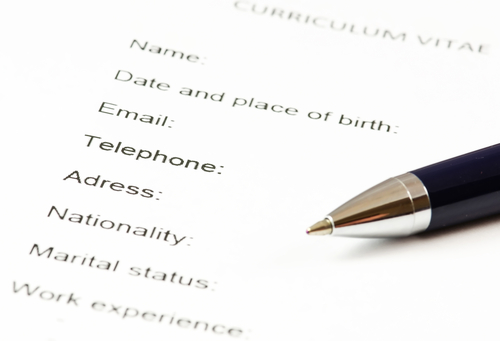Freelance proposals- "Freelancing" has become a buzzword in today's job market since all the new generation is working with the entrepreneurial spirit. Everyone wants to have his own business, be his boss, work from the comfort of his home, and gain more money.
In the same vein, the internet makes it easier for people to connect across boundaries. So, starting freelancing is easy now, but winning projects that add financial and work value is difficult.
How many times have you accepted projects with no plan, only to find yourself overwhelmed and not being paid what you deserve?
What if you find ways to gain advantages over your efforts next time you bid to win a project? Project proposals are efficient strategies to inform the project owner how significant you're and push him to hire you.
What Is The "Freelance Proposals"?

How to Write a Winning Proposal for a Freelance Project?

Although there are countless ways to craft freelance proposals, creating the project-winning ones has only one effective strategy, follow the tips:
Highlight The Pain Point

Start from the right point; Don't move on to the next step if you can't effectively diagnose the issues your idea addresses. Clients do not have time to check your eligibility; Highlight that you have the solution to all their problems.
Present Your Idea

Your idea should be concise, clear, and adaptable.
Bear in mind that if you can't achieve this, someone else will do it. You have to be ready to prove your skills, defending your perspective, and managing your proposal. Be honest without exaggeration, as your skills will be tested if the client accepts your proposal. Astound clients with your preparedness!
Set Project Success Criteria

You can depend on the S.M.A.R.T goals criteria, so your goals must be Specific, Measurable, Achievable, Realistic, and Timely.
Edit, Edit, Edit

So, revise it yourself; if you have an editor friend, ask him to do it for you, or consider taking the aid of online tools like Grammarly to proofread and edit your proposal. Do anything but not finishing and sending with no single revision.
Sign It Electronically

Seven Don'ts to Avoid When Writing a Project Proposal
As shown in a survey conducted by a leading freelance job portal, incorrect language is undesirable to more than 43 percent of respondents. While combining this with the significance of making an excellent first impression, it's simple to see how a single blunder might destroy a proposal. Forgo the below mistakes while preparing your project proposal if you want it to be successful:
Don't Lose Confidence

Don't Be Materialistic

Highlight your added value, efficiency, and achievements by mentioning results from your last project or attaching client feedback. Show how your work guarantees a high return and value as well.
Don't Use Ambiguous Terms

Don't Use Proposal Templates

Don't Neglect the Financial Conditions

Don't Craft Long Proposals

Don't Forget the Call to Actions

What are the critical sections to mention in your freelance proposal?
- Project Overview
- Project Information
- Client Goals
- Scope of Project
- Timeline
- Cost and Payment Terms
Final Tips to Keep in Mind:
- Showcase your work history and reviews that back your achievement in your portfolio to prove capabilities.
- Identify the client's demands and areas; to minimize project delays, conduct research, and evaluate the client's goals and objectives.
- Make a detailed proposal, including all of the essential components to ensure that both you and your client have the same ground.
- Think strategically; make it clear to your customer what you'll accomplish and how you'll adapt to additional client demands while staying within the framework you committed to.
- Respond intelligently; check-up with the project owner on the proposal, and manage any concerns that may arise intelligently.
In closing,
You're a professional with experience in his field, so don't wait for the last-minute hassles. Start browsing the freelancing platforms and finding out the common requirements in the project descriptions of clients in your sector.Create some proposals so that you can be among the first applicants when the right project is posted.
Moreover, you've to stay open to feedback all the time. So, each proposal will teach you a lesson, help you discover deadly mistakes, and take you to the next level in crafting a project-winning proposal. To err is human; to reflect (on the error) is divine.
Want to start your freelancing career?








 2022-08-29
2022-08-29
 2022-05-25
2022-05-25
 2022-04-11
2022-04-11
 2022-03-17
2022-03-17
 2022-02-25
2022-02-25